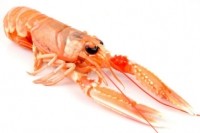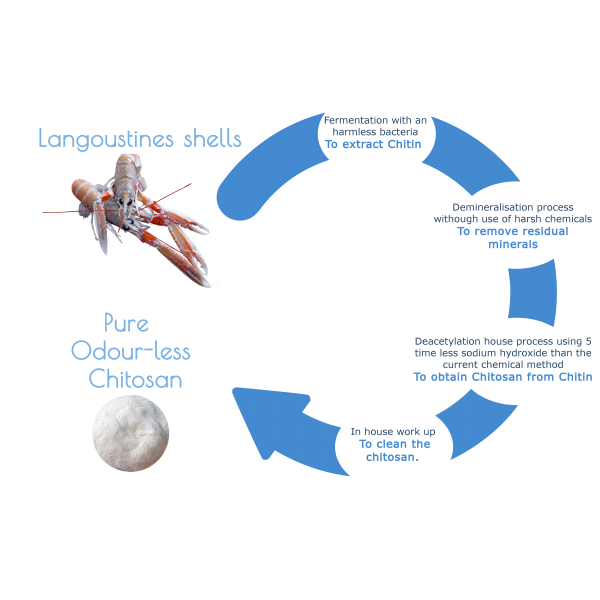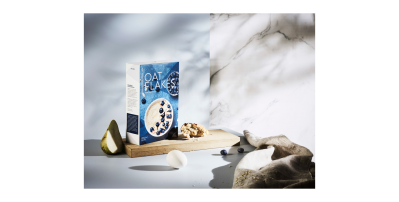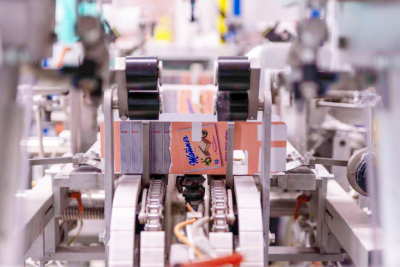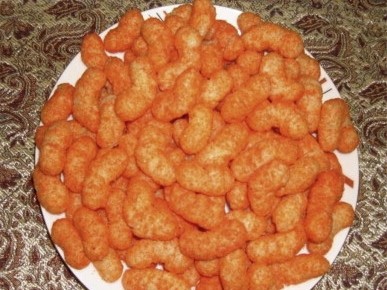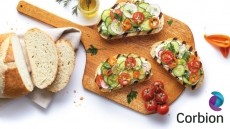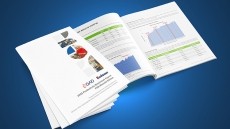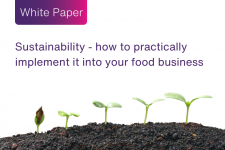CuanTec to develop packaging film out of shrimp shells
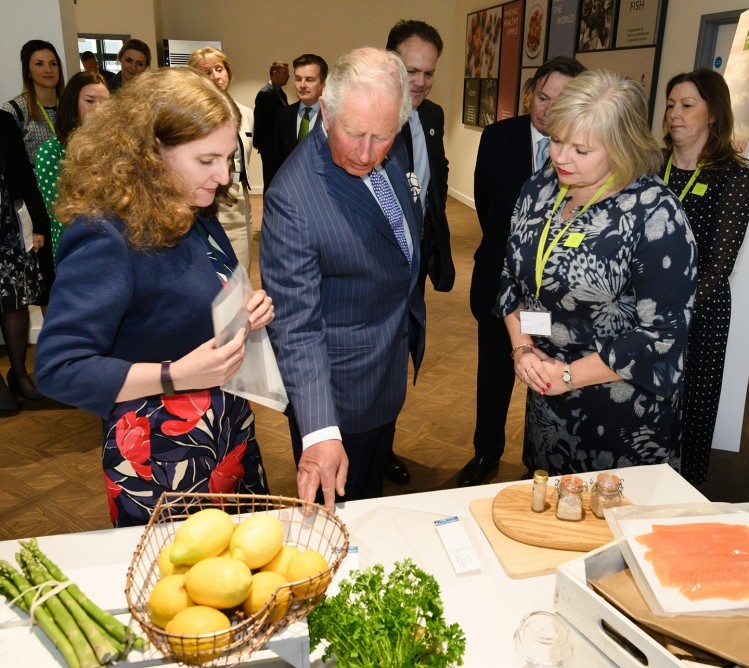
The biotech company based in Scotland will take waste langoustine shells created from seafood processing to make a natural polymer that is turned into flexible film. The material is industrially and home compostable.
Food Innovation Studio
The packaging, which is at an experimental stage, was presented to HRH The Prince of Wales during a visit to Waitrose’s Food Innovation Studio recently.
The Prince of Wales also followed the development journey of two Waitrose Duchy Organic products: a mincemeat for this year’s Duchy Organic Christmas range and a recipe for a roasted vegetable gratin, which will be launched during Organic September.
“While we are still at an experimental stage, the potential for this packaging material is incredibly exciting. Conventional plastic films can’t currently be recycled, reused or composted - so finding an alternative that doesn’t go into landfill would be very significant in helping us reach our target of ensuring all own label packaging is widely recyclable, reusable or home compostable by 2023,” said Karen, Graley, packaging manager, Waitrose.
The retailer hopes the packaging could be used as an alternative to conventional plastic film on some of its fish products in 12-18 months’ time, including its Duchy brand smoked salmon. It is also working with CuanTec to test the packaging on some of its food in the hope of bringing it to market soon.
It is not the first time Waitrose has used a byproduct of the food industry for food packaging at its stores.
The retailer is already using vine leaves produced as a byproduct of tomato growing to make punnets for its Duchy tomatoes.
ADMIT BioSuccInnovate Consortium
In 2015, the supermarket partnered with Imperial College London and ADMIT BioSuccInnovate Consortium to investigate how agricultural waste can be used to make biodegradable packaging.
Scientists will look at wastes and residues, such as wheat and maize straw, energy crops like Elephant grass and willow, to produce biosuccinic acid, a chemical building block used in producing bioplastics.
“To move forward with bioplastics, we need to investigate cheap, readily available and sustainable alternatives that are also economically viable and socially acceptable,” said Dr Jeremy Woods, Centre for Environmental Policy, Imperial College London, at the time.
Speaking to Dr Cait Murray-Green, CEO, CuanTec, she said; “For us, this technology represents the perfect virtuous circle. As well as protecting food on sale to consumers, it gives value to what would have been a waste product and takes single use plastic out of the food system.”
Cuantec claims to be the first company to develop a process to extract chitin, a fibrous substance found in the exoskeleton of arthropods, from langoustine using biological fermentation—rather than chemical means—on an industrial scale.
The process uses harmless bacteria and no harsh chemicals. Other advantages of the product include antimicrobial properties and a clear film without the yellow tinge associated with other chitosan products.
